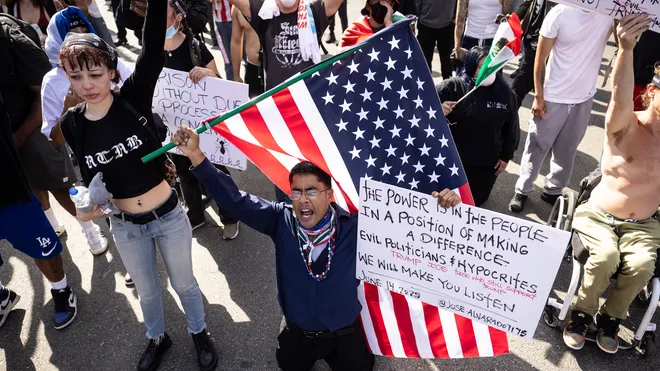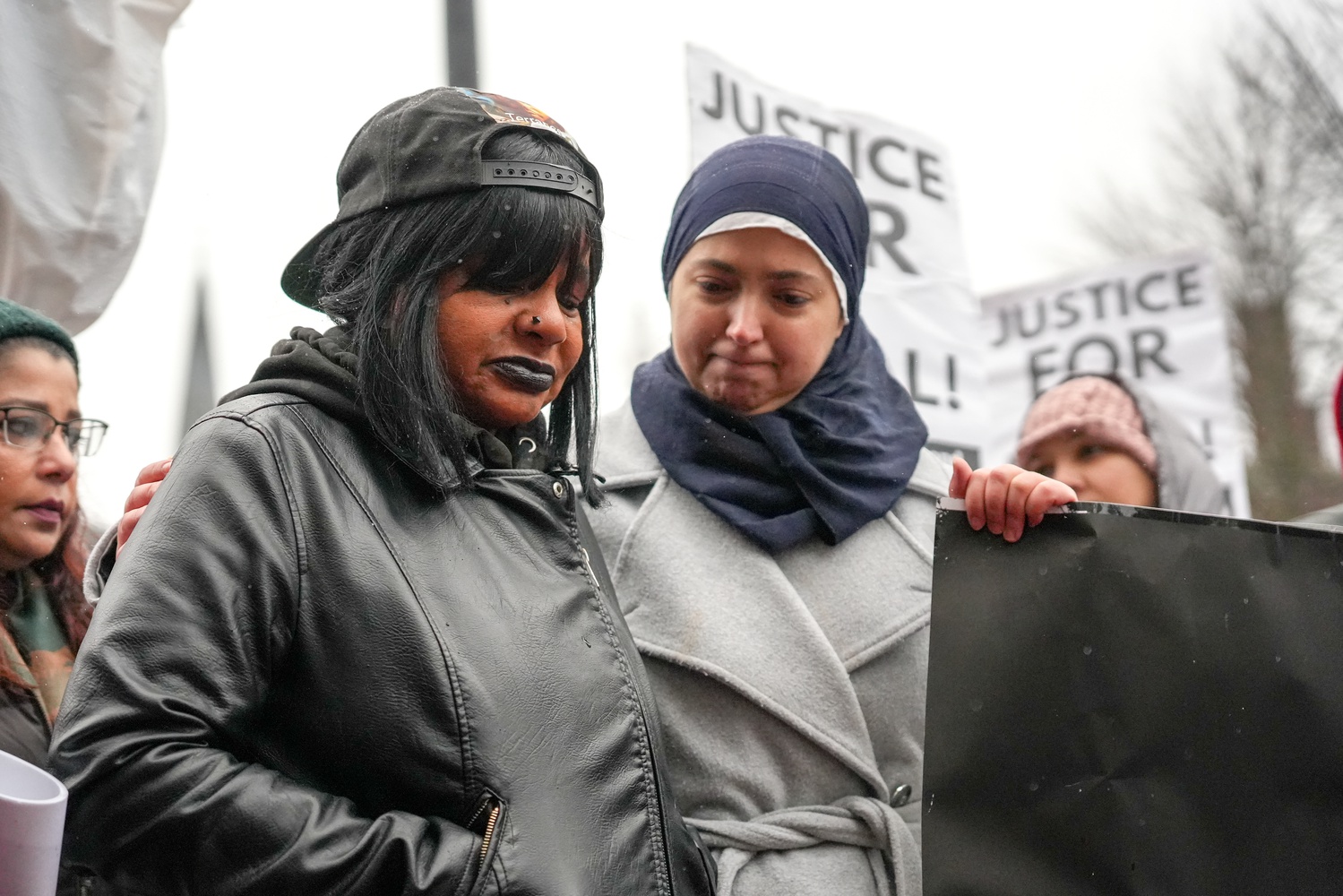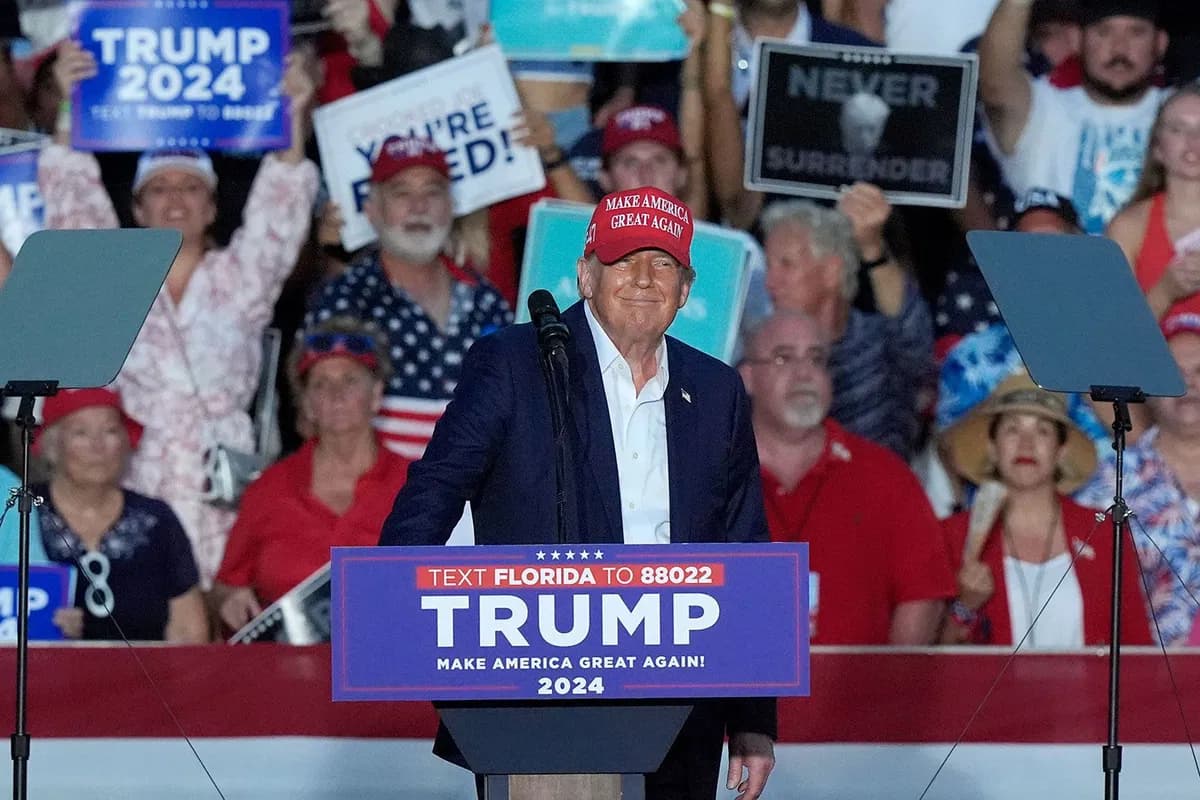As America celebrates its independence, hundreds of protests are set to erupt on July 4, 2025, demanding an end to the policies of President Donald Trump that have deepened wealth disparity and undermined democracy. According to organizers, the "Free America" demonstrations are a direct response to the growing frustration with the current administration"s assault on fundamental rights.
Protests Spread Across the Nation
With 264 events planned nationwide, from Ohio to Florida, demonstrators are mobilizing to express their discontent with a government that many believe is increasingly out of touch with the needs of its citizens. Nichole Geibel, a protest organizer in Ohio, articulated this sentiment, stating, "The motivation behind this event is the growing frustration so many Americans have with the policies at the federal and state levels that infringe on our fundamental rights and take choice away from all of us and our communities." This movement echoes the principles that the nation was founded upon—freedom, autonomy, and the belief that government should be accountable to its people.
Wealth Disparity at the Forefront
The protests are particularly focused on the wealth disparity that has ballooned under Trump"s administration. As reported by the Census Bureau, the top 20% of American households control nearly 80% of the nation"s wealth, while millions struggle to make ends meet. This stark contrast is fueling anger and mobilizing citizens who feel marginalized and ignored.

No Kings" protests: SUV charges protester; rallies largely ...
Impact of Recent Legislation
The protests follow the recent passage of Trump"s "Big Beautiful Bill," a tax and spending package that critics argue will only exacerbate inequality by favoring the wealthy and corporations. The implications of such legislation are dire. As the Center on Budget and Policy Priorities highlights, such policies divert resources away from essential social services that benefit the most vulnerable populations, perpetuating a cycle of poverty.
Grassroots Movements Gain Momentum
The growth of grassroots movements signifies a shift in the political landscape. Geibel noted that local democratic meetings have seen increased attendance, suggesting a revitalization of civic engagement. “We want our elected officials to see that we"re paying attention,” she stated, emphasizing the need for politicians to remember that they serve the people, not their own interests.

Hope Coleman Faisal Protest | News | The Harvard Crimson
Voices of Empowerment
Demonstrators are not merely protesting; they are reclaiming their voices in a system that has too often silenced them. As Geibel reminds participants, "It"s about showing up, using our voices, and reminding ourselves that democracy only works when everyday people participate and stand up for what they believe in." This call to action is more than a protest; it’s a movement towards a more equitable future.


![[Video] Federal agents chase woman in Minneapolis during protest](/_next/image?url=%2Fapi%2Fimage%2Fthumbnails%2Fthumbnail-1768254086697-5gfcba-thumbnail.jpg&w=3840&q=75)




![[Video] Gunfire between Iraqi security forces and Sadr militias in Baghdad](/_next/image?url=%2Fapi%2Fimage%2Fthumbnails%2Fthumbnail-1768343508874-4redb-thumbnail.jpg&w=3840&q=75)
